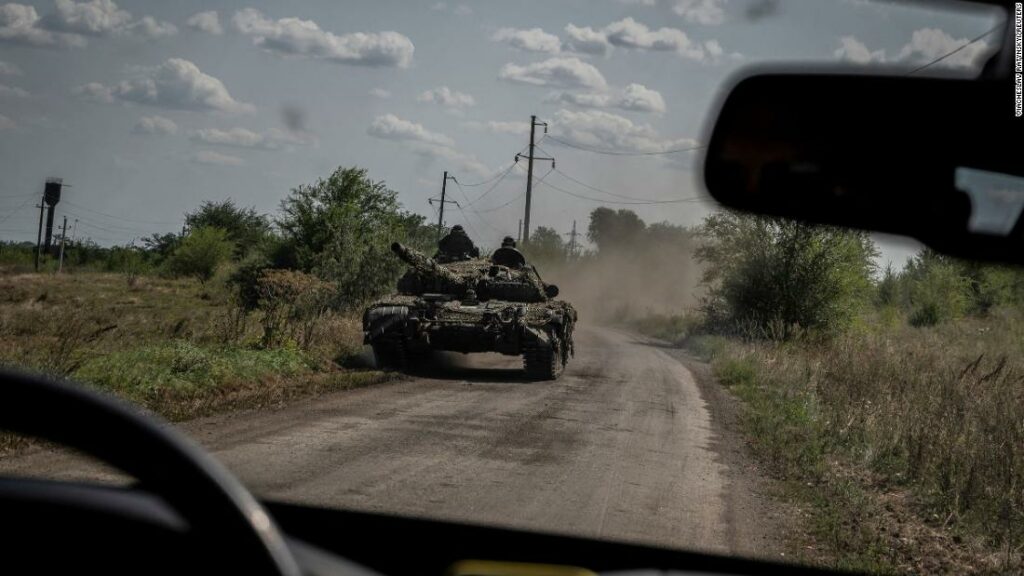The lives of Ukrainian children and teens have been utterly upended by Russia’s invasion of their country. When the International Criminal Court issued an arrest warrant for Russian President Vladimir Putin in March, the foremost charge against him was over an alleged scheme to deport Ukrainian children to Russian detention centers.
CNN spoke with Ukrainian teenagers in Kyiv who claim they had been forcibly deported to Russia before being found and brought home by family members. Their return was made possible by Save Ukraine, an organization working to return deported children to their families.
“I was there for four months. And throughout these four months, I had to sing the Russian national anthem. That was compulsory,” said Nastya Motychak, a 15-year-old girl who said she was taken from the southern Kherson region and sent to Russian-occupied Crimea. “We asked: Why aren’t we being collected? When will the buses come? Why aren’t we allowed out?”
Motychak was told by Russian guards that “the buses were too expensive.” And so she remained in the center during Christmas 2022 and into the beginning of the year – and she said she was only granted access to basic necessities if she performed acts of Russian patriotism.
“There were some secondhand clothing and hygiene products delivered for us. So when we asked for these, they said, ‘Whoever doesn’t like Russia doesn’t like me and isn’t going to get these things.’”
‘If you don’t sing the Russian anthem, you’re not going to get anything,'” Motychak said she was told by an officer.
Motychak said she was able to speak to her mother on the phone once a week. Her mother contacted a volunteer working to bring detained Ukrainian children home. Together, they were able to travel to Crimea in February and bring Motychak home, along with other teens she had been detained with.
This week, Kyiv opened more than 3,000 criminal cases over Russia’s alleged crimes against children in the country, including dozens of torture cases, Ukrainian prosecutors said Thursday. Russia has repeatedly denied these accusations of torture and human rights abuses.
In July, Moscow authorities claimed some 700,000 children had been brought into Russian custody since the war began. The Russian government has defended the practice, saying they are saving the children and denying that the deportations are forced. Ukraine however, claims the children were illegally deported and that a much smaller number of children have been taken – an estimated 19,500.
CNN also spoke with Ksenia Koldin, 19, who helped retrieve her 12-year-old brother from a Russian detention center. Having been separated for months, Koldin said the reunion was tough, since she could see that her brother had been “tormented.”
“Not only had there been almost a thousand kilometers between us and we didn’t see each other for nine months – we’d also grown apart because of the psychological pressure put on him,” she said.
During his detention, Koldin said her brother had been shown Russian propaganda, making him doubt his own country and reluctant to return home. Koldin said that, with the help of a volunteer, she had been able to convince her brother to leave the center and come back with her.
Watch more here:








